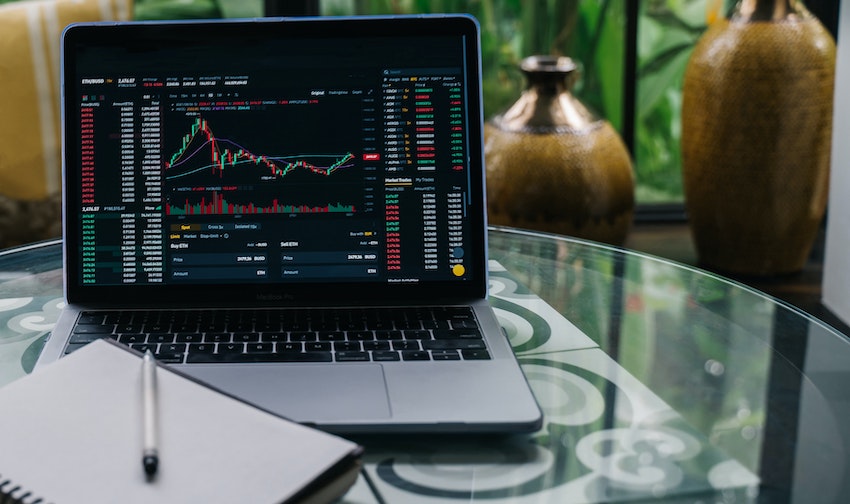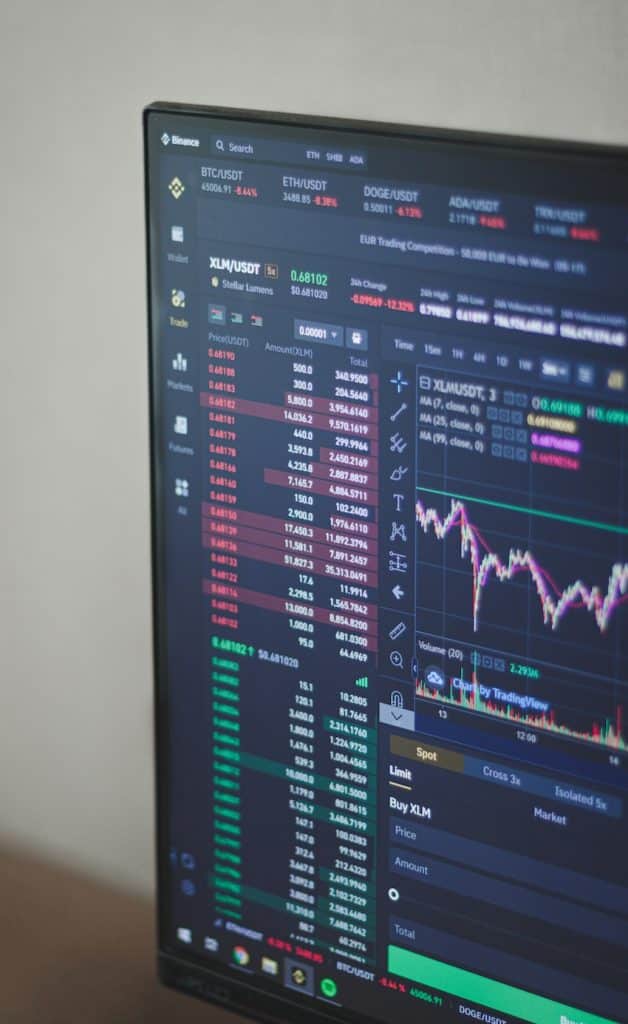Let’s get started

Welcome to the Beginner’s Guide to Forex Trading
If you’re new to the world of forex (foreign exchange) trading, you’ve come to the right place. Forex trading is a fascinating and potentially lucrative activity, but it’s essential to understand the basics before you start.
In this guide, we’ll give you the basic knowledge and understanding of how forex markets work, the terminology involved, and the strategies needed to become a successful trader. Whether you’re looking to trade currencies for profit or just want to expand your financial knowledge, this guide will provide you with the essential information you need.
Let’s begin with the basics, where we’ll explore the fundamental concepts of forex trading.

1. Learn the basics
Understanding the market is a key to success. Make sure to learn the basics before you dive in to the world of trading. Listed below we answer the most frequently asked questions when it comes to currency trading.
What Are Forex Markets?
Forex markets are decentralized and consist of a network of banks, financial institutions, corporations, governments, and individual traders. These participants engage in currency trading for various reasons, including international commerce, investment, and speculation.
How Does Forex Trading Work?
At its core, forex trading involves the exchange of one currency for another, with the aim of profiting from changes in exchange rates. These changes occur due to various factors, including economic data releases, geopolitical events, and market sentiment.
For example, if you believe that the euro (EUR) will strengthen against the US dollar (USD), you would buy euros and sell dollars. If the EUR/USD exchange rate rises, you can sell your euros back to dollars at a higher rate, making a profit.
Major Currency Pairs
In forex trading, currencies are quoted in pairs, such as EUR/USD, GBP/JPY, or USD/JPY. The first currency in the pair is called the base currency, and the second is the quote currency. The exchange rate tells you how much of the quote currency is needed to buy one unit of the base currency.
Here are some of the most commonly traded currency pairs:
- EUR/USD (Euro/US Dollar)
- GBP/USD (British Pound/US Dollar)
- USD/JPY (US Dollar/Japanese Yen)
- AUD/USD (Australian Dollar/US Dollar)
- USD/CAD (US Dollar/Canadian Dollar)
Understanding these basics is the first step towards becoming a successful forex trader. In the article “This is forex trading” you can read more. For more in-depth information about trading strategies, read our guide “Forex Trading Strategy”

2. Choose a Forex Broker
In order to get started you need to sign up for a trading account with a forex broker. There is a wide range of companies and services to choose from, which can make it quite difficult when you are new to the industry. Listed below are a few important things to consider when choosing a forex broker.
Regulation and security
The first thing you should check is whether the broker is regulated by a reliable financial authority. A regulated broker follows strict guidelines in terms of safety and transparency, giving you an extra safety net.
Training materials
As a beginners, it is particularly important that you make sure the broker offers educational materials such as tutorials, webinars and market analyses. This will help you become a more knowledgeable and effective forex trader.
Trading instruments
Many brokers offer more than just forex trading, like financial instruments such as CFDs, shares and cryptocurrencies. If you are interested in diversifying your portfolio, it is good to choose a broker with a wide range of trading opportunities.
Fees and spreads
Review the broker’s fee structure, including spreads and any commissions. These can quickly eat into your profits if you’re not careful.
Demo Account
Make sure the broker provides the option to set up a Demo Account. A demo account allows you to test the broker’s platform and trading tools without risking real money. In other words it’s a good opportunity to get a feel for the broker’s system and to test trading without risk of loosing your own money.

3. Open Demo Account
XM is an internationally recognised online broker specialising in currency trading. We recommend XM for their wide range of educational materials and 24/7 support.

Remember, forex trading carries a level of risk, and it’s crucial to approach it with knowledge and caution. Let’s continue our journey to discover more about this exciting financial market.
Also visit our section Books about forex trading .
